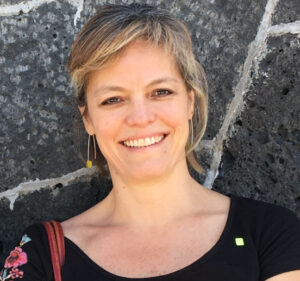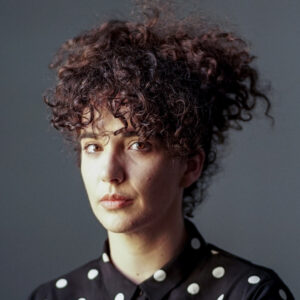16 Apr - 16 May 2021
Belongingness is a global conversation about how we identify with each other and what that might tell us about ourselves. In very recent years, we have found ourselves renegotiating our relationship with our national identity, heritage, physical surroundings, and our neighbours, due to mass displacement caused by changing political systems, climate change, and a global pandemic.
A dramatic rise in the popularity of genetic ancestry tests demonstrates our human desire to know where do we come from and to feel connected to one another. But what are we looking to find? And what do individuals and organisations do with this information?
Putting themselves under the microscope, performance artist Raquel André and genetic scientist Dr. Sandra Romero-Hidalgo used their genetic ancestry test results to explore what it might mean to belong. Making contact with their 3,000+ newly-identified global relatives, Raquel and Sandra held a series of conversations to learn about why participants are taking genetic tests and together, understand the complex interconnections that define their identities.
Capturing both our ephemeral and literal understandings of relationships, Belongingness is a live project that seeks to understand our human desire to have a place in the world. What can we learn from each other? As we map our journey of new connections, Raquel and Sandra invite you to participate by sharing your stories of searching to belong.
See the results of the project here: www.belongingness.info
Dr. Sandra Romero-Hidalgo
Dr. Romero-Hidalgo is a researcher at the National Health Institute of Genomic Medicine (INMEGEN) in Mexico City. Her research focuses on studying the genetic diversity of the Mexican population and the identification of genetic risk markers involved in different diseases. She used the global and local genetic ancestry estimations derived from microarray and/or sequencing genomic platforms to efficiently look for the risk factors. Recently popularised consumer genetic tests have relevant ethical, legal, and social implications that Dr. Romero-Hidalgo also considers in her research.
Watch Sandra’s video here
Raquel André
Raquel André is a performer and maker working in the performing arts. She is interested in the idea of generational object collecting. In 2009 she premiered her first performance inspired by found correspondence between a family in the 70’s, 80’s and 90’s. In 2006 she wrote a Master’s Dissertation on how to collect in the Performing Arts at the University Federal of Rio de Janeiro (2016) with a scholarship by Fundação Calouste Gulbenkian, Lisbon. SHe’s currently an APAP artist under the support of Teatro Nacional D. Maria II (Lisbon-PT). She lives in the Rio-Lisbon bridge.
Watch Raquel’s video here

